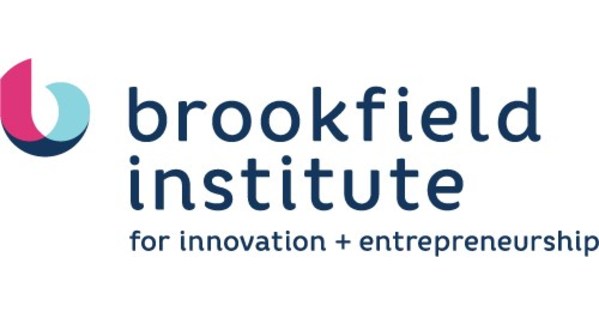A new report called the Nova Scotia Inclusive Innovation Monitor highlights inequities in the Nova Scotia innovation ecosystem.
The report, prepared by Ryerson University’s Brookfield Institute for Innovation + Entrepreneurship, is an offshoot of a similar, national project from Brookfield and the Munk School of Global Affairs at the University of Toronto. The Nova Scotia version was prepared for the Nova Scotia innovation support organization ONSIDE.
Citing data found in Entrevestor’s 2019 Atlantic Canadian Startup Data report, the new report said that 14 percent of Atlantic Canadian startups had female CEOs, and they received 12.5 percent of the funding in the region (stripping out the $515 million round raised by Verafin that year). Entrevestor said this represents some improvement as only 8 percent of the region’s startups were headed by women in 2014.
“Expanding participation and improving equity in the innovation economy for women and racialized groups should be the focus of any plan to build Nova Scotia’s innovation economy,” said the Brookfield report. “There are emerging signs of progress on some fronts, with the province moving in the right direction in terms of a strong start-up ecosystem in key industries such as ocean technology and biotech, with growing participation from women.”
At Nova Scotia’s higher learning institutions, women outperform men in terms of the levels of qualification they receive, the report said. And a handful of minority groups, including Chinese and South Asian people, outperform the general population. The groups that are less well represented include Black, First Nations, Inuit and Metis communities, all of whom lag behind the general population, said the report.
According to the 2016 Statistics Canada data cited in the report, for example, Inuit men in Nova Scotia hold about a third fewer post-secondary qualifications than men in the general population. And Inuit women hold about 15 percent fewer than women in the general population.
“We do have unequal opportunities based on demographics,” said co-author Joshua Zachariah in a virtual seminar Wednesday that was part of ONSIDE’s Nova Scotia Innovation Tour. “Especially for Black people and Indigenous peoples. There needs to be more of an effort to include them in the opportunities to invest, to innovate and to give them the education they need to be able to participate.”
The report found positive aspects in the province's innovation ecosystem, saying the post-secondary educational system has the fourth-highest achievement rates in Canada. Nova Scotia has the fourth-highest venture capital spend in Canada at 0.16 percent of GDP, according to the Canadian Venture Capital and Private Equity Association.
“I think the main story here is that Nova Scotia is moving in an encouraging direction, but needs to focus on its strengths,” said Zachariah. “It needs to focus its efforts in its strengths on startups and research, but also improving the equity with which people get to participate in those things.”








